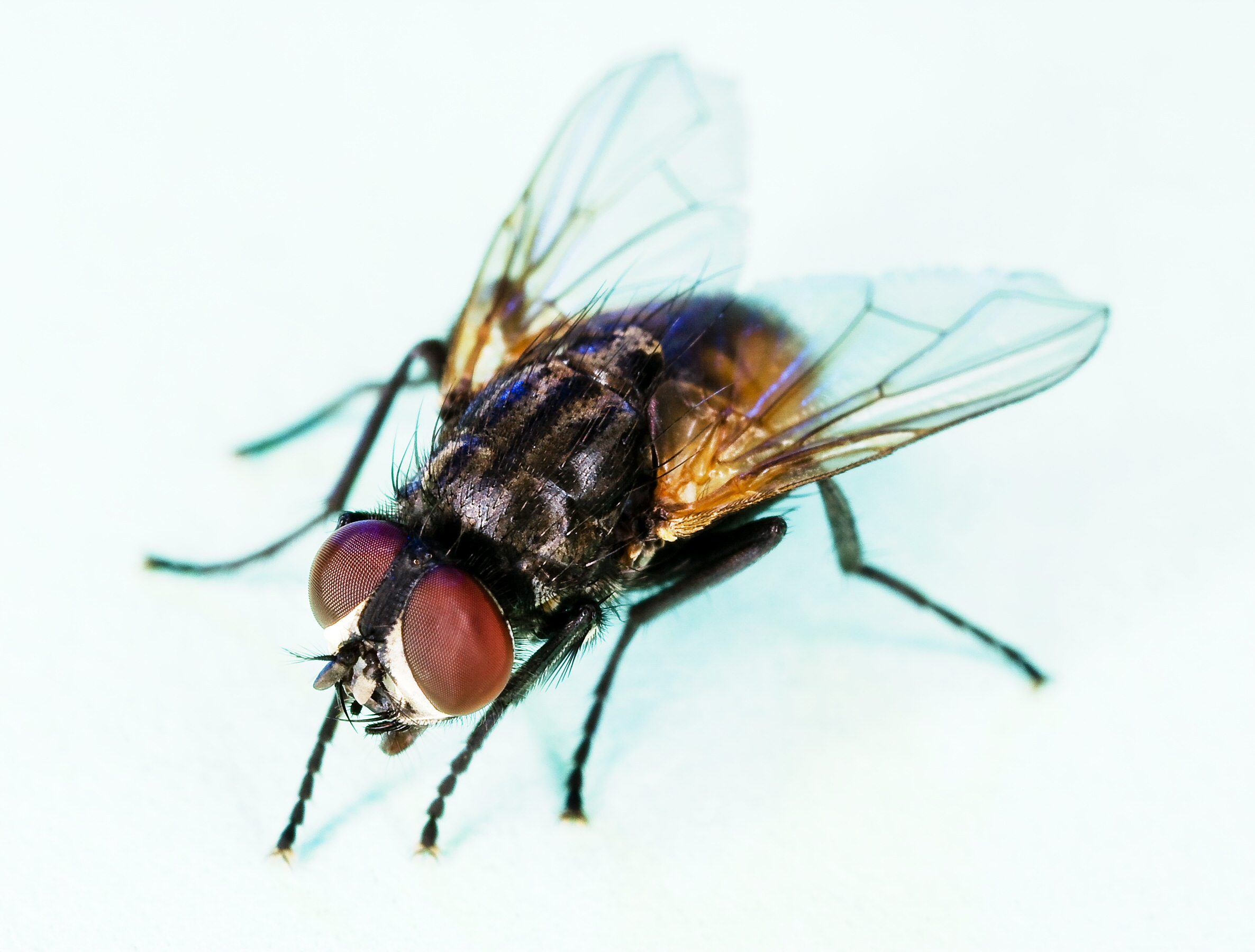|
Tapinoma Silvestrii
''Tapinoma silvestrii'' is a species of ant in the genus ''Tapinoma''. Described by William Morton Wheeler in 1928, the species is endemic to China China, officially the People's Republic of China (PRC), is a country in East Asia. It is the world's most populous country, with a population exceeding 1.4 billion, slightly ahead of India. China spans the equivalent of five time zones and ....Wheeler, W. M. 1928c. Ants collected by Professor F. Silvestri in China. ''Boll. Lab. Zool. Gen. Agrar. R. Sc. Super. Agric''. 22: 3-38 (page 30, worker described) References Tapinoma Hymenoptera of Asia Insects described in 1928 {{Tapinoma-stub ... [...More Info...] [...Related Items...] OR: [Wikipedia] [Google] [Baidu] |
Tapinoma
''Tapinoma'' (from Greek ''ταπείνωμα'' low position) is a genus of ants that belongs to the subfamily Dolichoderinae. The genus currently comprises 74 described species distributed worldwide in tropical and temperate regions. Members of are generalized foragers, nesting in a wide variety of habitats, ranging from grasslands, open fields, woodlands, to inside buildings. The majority of species nest in the ground under objects such as stones or tree logs, other species build nests under bark of logs and stumps, in plant cavities, insect galls or refuse piles. Species *'' Tapinoma aberrans'' (Santschi, 1911) *'' Tapinoma acuminatum'' Forel, 1907 *'' Tapinoma albinase'' (Forel, 1910) *'' Tapinoma albomaculatum'' (Karavaiev, 1926) *'' Tapinoma amazone'' Wheeler, 1934 *'' Tapinoma andamanense'' Forel, 1903 *'' Tapinoma annandalei'' (Wheeler, 1928) *'' Tapinoma antarcticum'' Forel, 1904 *'' Tapinoma arnoldi'' Forel, 1913 *'' Tapinoma atriceps'' Emery, 1888 *†'' Tapinoma bacu ... [...More Info...] [...Related Items...] OR: [Wikipedia] [Google] [Baidu] |
William Morton Wheeler
William Morton Wheeler (March 19, 1865 – April 19, 1937) was an American entomologist, myrmecologist and Harvard professor. Biography Early life and education William Morton Wheeler was born on March 19, 1865, to parents Julius Morton Wheeler and Caroline Georgiana Wheeler ( Anderson) in Milwaukee, Wisconsin. At a young age, Wheeler had an interest in natural history, first being when he observed a moth ensnared in a spiders web; such observation interested Wheeler that he became importunate for more nature lore. Wheeler attended public school, but, due to "persistently bad behavior", he was transferred to a local University School of Milwaukee, German academy which was known for its extreme discipline. After he completed his courses in the German academy, he attended a German normal school. In both institutions, Wheeler was trained in a variety of subjects: he was given training in languages, philosophy and science. By this time, he could read fluently in French, German, Greek, ... [...More Info...] [...Related Items...] OR: [Wikipedia] [Google] [Baidu] |
China
China, officially the People's Republic of China (PRC), is a country in East Asia. It is the world's most populous country, with a population exceeding 1.4 billion, slightly ahead of India. China spans the equivalent of five time zones and borders fourteen countries by land, the most of any country in the world, tied with Russia. Covering an area of approximately , it is the world's third largest country by total land area. The country consists of 22 provinces, five autonomous regions, four municipalities, and two Special Administrative Regions (Hong Kong and Macau). The national capital is Beijing, and the most populous city and financial center is Shanghai. Modern Chinese trace their origins to a cradle of civilization in the fertile basin of the Yellow River in the North China Plain. The semi-legendary Xia dynasty in the 21st century BCE and the well-attested Shang and Zhou dynasties developed a bureaucratic political system to serve hereditary monarchies, or dyna ... [...More Info...] [...Related Items...] OR: [Wikipedia] [Google] [Baidu] |
Hymenoptera Of Asia
Hymenoptera is a large order of insects, comprising the sawflies, wasps, bees, and ants. Over 150,000 living species of Hymenoptera have been described, in addition to over 2,000 extinct ones. Many of the species are parasitic. Females typically have a special ovipositor for inserting eggs into hosts or places that are otherwise inaccessible. This ovipositor is often modified into a stinger. The young develop through holometabolism (complete metamorphosis)—that is, they have a wormlike larval stage and an inactive pupal stage before they mature. Etymology The name Hymenoptera refers to the wings of the insects, but the original derivation is ambiguous. All references agree that the derivation involves the Ancient Greek πτερόν (''pteron'') for wing. The Ancient Greek ὑμήν (''hymen'') for membrane provides a plausible etymology for the term because species in this order have membranous wings. However, a key characteristic of this order is that the hindwings are c ... [...More Info...] [...Related Items...] OR: [Wikipedia] [Google] [Baidu] |
